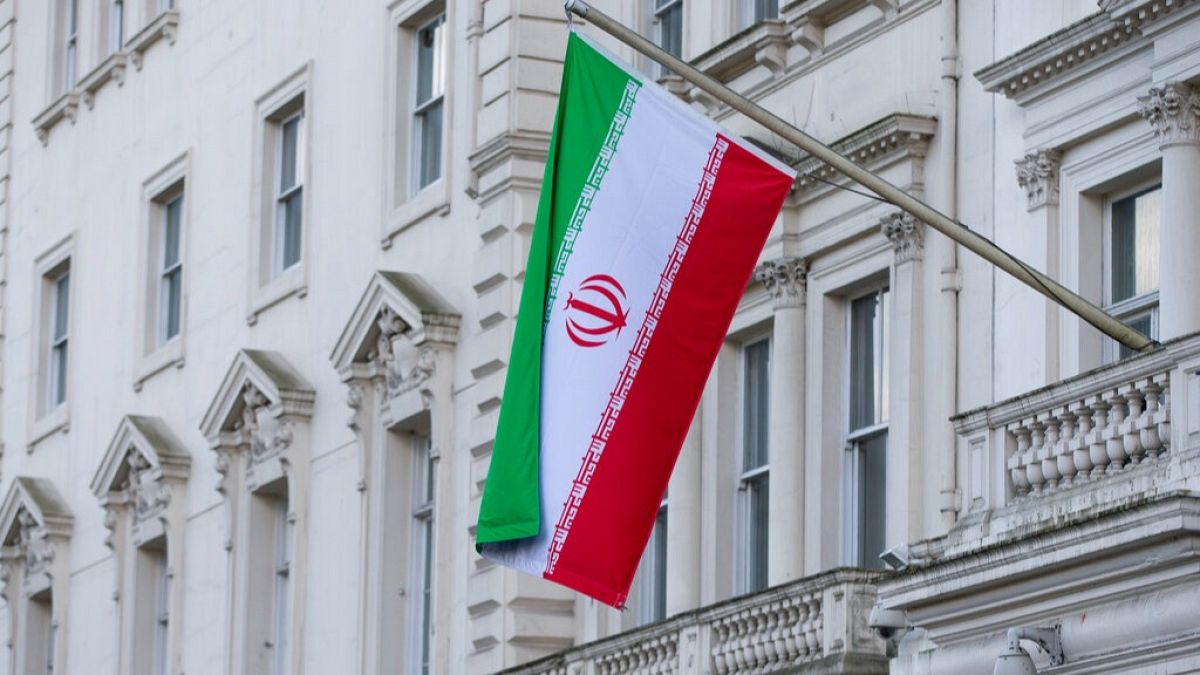

Amid the complexities of current global events, several stories have recently emerged that underline the common themes of conflict resolution, migration, and the celebration of cultural heritage. In a calm and thoughtful exploration, let’s delve into these events, examining the ongoing legal proceedings in the UK, the migration challenges faced by Iranians, a pivotal legal ruling in the US, and the rich cultural contributions from Barbados.
In the heart of London, the recent court appearance of seven Iranian individuals charged with grievous bodily harm during a protest paints a vivid picture of the international tensions and local repercussions. These charges stem from an alleged attack near the Iranian embassy, a hotspot for expressions of dissent amid the fluctuating geopolitical landscape. As the legal process unfolds, the focus remains on upholding justice and ensuring due process, offering a reminder of the delicate balance between lawful protest and public safety. The judicial system serves as a tranquil space for resolving such conflicts, allowing for careful consideration and reflection on the events that transpired.
Simultaneously, a humanitarian narrative unfolds as many Iranians seek solace and security across borders, fleeing escalating airstrikes in search of peace in neighboring countries. This movement underscores the universal quest for safety and stability, especially pertinent in times of conflict. As these individuals journey towards potential refuge, it is crucial to recognize the power of compassion and global solidarity, offering aid and understanding to those in need. The steady stream of migration highlights the interconnectedness of our world and the importance of extending empathy beyond borders.
Across the Atlantic, a milestone ruling by the US Court of Appeals has brought attention to the critical importance of adhering to judicial orders and protecting individual rights. The case involving Jordin Melgar-Salmeron, who was wrongfully deported to El Salvador, underscores the significance of legal frameworks in safeguarding personal liberties. The court’s decision to mandate his return to the US reflects the resilience of justice, serving as a gentle reminder of the need for meticulous adherence to legal standards in governmental actions. This ruling emphasizes the role of the judiciary in upholding the principles of justice and accountability, a cornerstone of democratic societies.
On a more cultural note, the stories coming from the Caribbean island of Barbados bring to light the profound impact of art and literature in chronicling history and fostering awareness. Esther Phillips, the esteemed poet laureate of Barbados, dedicates her craft to shedding light on the stories of those affected by the transatlantic slave trade. Her poetry, deeply rooted in the lush landscapes and rich cultural tapestry of her homeland, serves as a vessel for justice, giving voice to those whose stories have long been overshadowed by history. By preserving these narratives through her evocative words, Phillips connects past injustices to present recognition and understanding, demonstrating the healing power of cultural expression.
Together, these narratives weave a tapestry of global events, each presenting an opportunity for growth and understanding. Whether through legal systems that strive to maintain fairness, the compassionate response to migration and displacement, or the preservation of cultural heritage through artistic expression, each story resonates with themes of resilience and unity. As we navigate the complexities of our world, these stories remind us of the shared human experiences that bind us together and the quiet strength found in addressing challenges with hope and mindfulness.
Source: {link}
